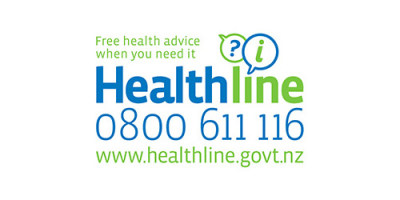Accessing urgent dental care during Alert Level 3
Healthcare for urgent and emergency oral health (dental) needs remains in place through Alert Level 3, and people are encouraged not to delay getting advice for urgent dental needs.
The Nelson Marlborough Health (NMH) hospital oral health services, the NMH community oral health service and private dentists have been working collaboratively to provide essential dental care throughout all levels of the COVID-19 pandemic.
“There has been some uncertainty in the community around access to dental care and we’d like people to know that urgent care is still available. Unresolved dental infection can be life-threatening, so it is really important to seek help if you have any concerns,” says Dr Donna Kennedy, Clinical Head of Department, NMH Hospital Oral Health Service.
Dr Kennedy assures people that they are not at risk of catching COVID-19 when they visit a hospital or clinic for care. There are strict procedures in place to protect both patients and staff, such as:
- compliance with New Zealand Dental Council and the Ministry of Health regulatory standards for levels 4 and 3.
- intensified use of personal protective equipment (PPE)
- any hospital inpatients who have COVID-19 symptoms are being cared for in an isolation ward
- reduced visitor access, reduced elective surgery rates, and less staff working on site (ie some are working from home) means that waiting rooms and shared spaces are roomy enough for you to be able to keep your distance from other people
Dr Kennedy says that urgent oral health treatment provided during Alert Level 4, and into Alert Level 3, include: treatment for orofacial trauma, facial swelling and uncontrolled bleeding from the mouth.
“A pain relief service is also available for those who meet the usual criteria, such as a medical reason requiring treatment at the hospital or having a valid Community Services Card. Access to this service is via a referral from a health practitioner, such as a GP or dentist,” Dr Kennedy says.
For those who do not meet the criteria for referral to the hospital, urgent care can be provided by local private dentists (for adults and adolescents) and by the Community Oral Health Service for children through to Year 8. Patients can expect an initial telehealth consultation by their dentist or oral health therapist and then they will receive advice, treatment or referral to another service as appropriate.
Dr Kennedy says that, under Level 3, toothache does not necessarily meet the strict guidelines for acute/urgent care, as it is not considered life-threatening.
“It’s incredibly hard to control with just pain relief at home, so we encourage people with toothache to contact their local oral health professional.”
Web links to more information:





